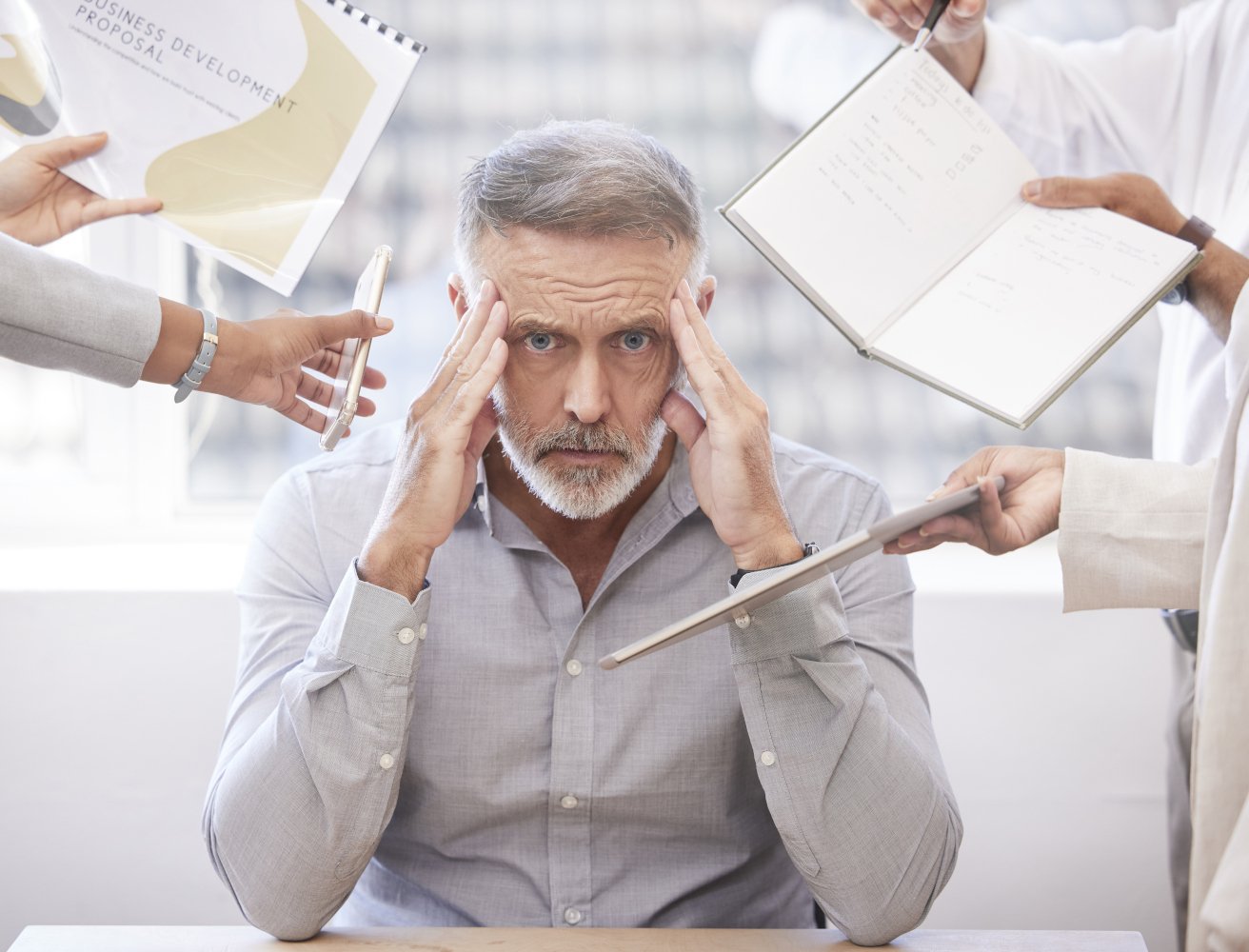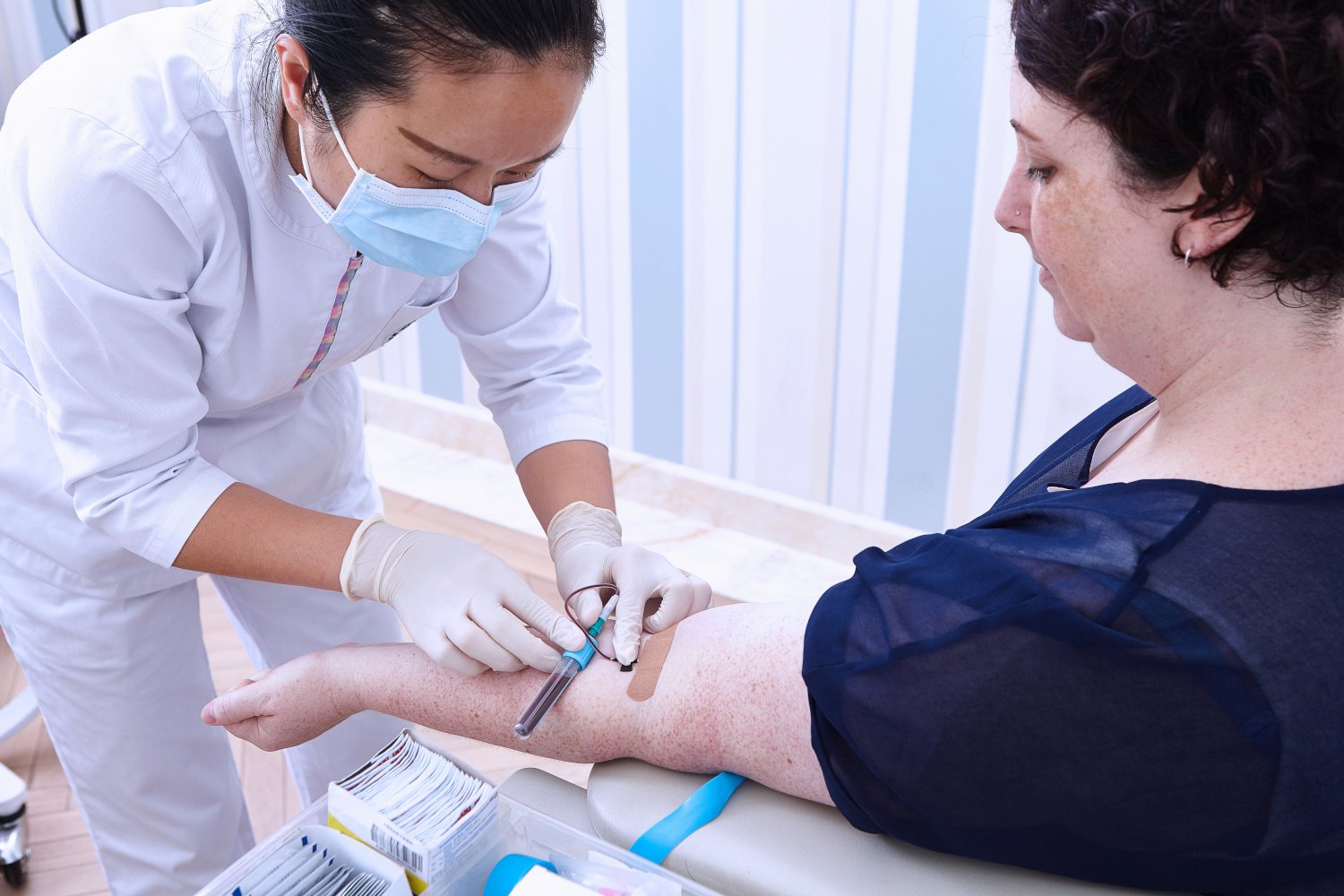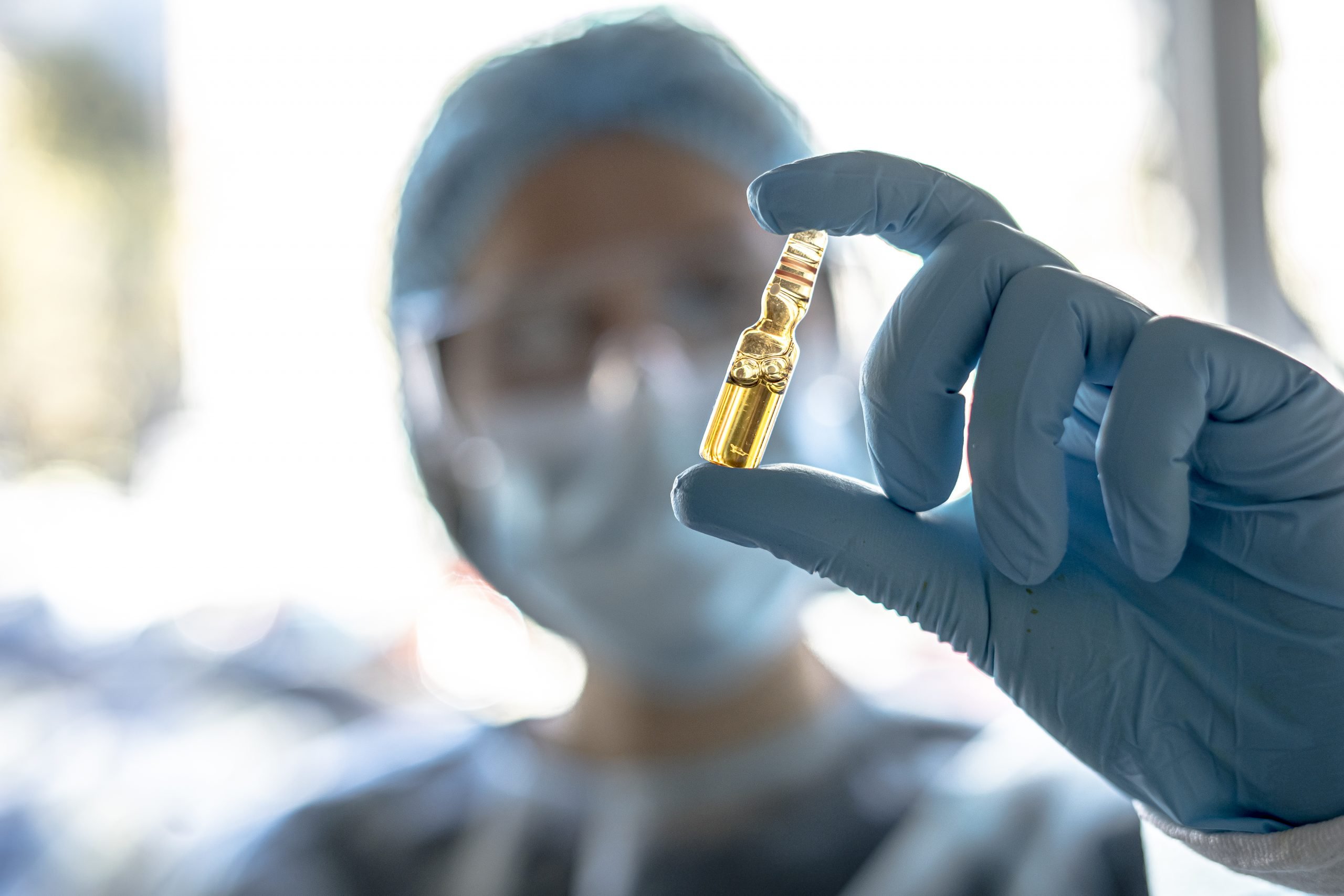When it comes to ketamine, you’ve probably heard it all! From being a popular street drug to a powerful horse tranquilizer, there’s no shortage of misconceptions surrounding the use of Ketamine for Treatment-Resistant Depression. Though ketamine is still a relatively new treatment for major depression, the results have proven to be life-saving. But with any new treatment comes a few misconceptions. It’s essential to clear up these misconceptions so you can get the facts straight before making decisions about your treatment options.
Our Bespoke Treatment team broke down five common myths surrounding ketamine to find out if any of them ring true. Here are a few things everyone should know about Ketamine.
Myth #1: Ketamine Is Only A Club Drug
Ketamine is a popular club drug more commonly known as “Special K”. As with any street drug, ketamine can be dangerous when taking it recreationally. But being administered ketamine in a professional setting for depression is not the same as taking it recreationally. In fact, in early 2019, the FDA approved Spravato, an esketamine nasal spray designed to relieve treatment-resistant depression. Recreational doses of ketamine can be up to 10x higher than a typical dosage used to help treat depression.
Over the years, ketamine has proven to provide rapid-relief for those with treatment-resistant depression and suicidal thoughts. Ketamine treatment at Bespoke Treatment is safe, controlled, and has changed the lives of many of our patients struggling to lift the heavy veil of depression.
Myth #2: Ketamine Is A Veterinary Drug (Horse Tranquilizer)
Many people think ketamine is just a horse tranquilizer, but that is not the full story.
Ketamine has been FDA approved as an anesthetic sometimes used during surgeries since 1970. For decades, it has aided in veterinary and human medicine, helping treat chronic pain disorders like fibromyalgia, complex regional pain syndrome (CRPS), and neuropathic pain caused by diabetes or spinal cord injury. In very large doses, ketamine has been used as a horse tranquilizer due to its non-lethal safety profile.
As an anesthetic, ketamine has a fast onset and short duration of action with few side effects when administered appropriately. And contrary to popular belief, ketamine doesn’t make people feel out-of-control or high; instead, patients typically report feeling calm.
Myth #3: Ketamine Causes Psychosis
Ketamine can help people who are having difficulty sleeping, and is sometimes used as an alternative treatment option in psychiatric hospitals. However, it does not cause psychosis or mental illness when administered correctly in a medical setting.
Ketamine can produce a dream-like state where the body may experience new sensations, such as floating sensations. Yet this dream-like state only lasts for brief moments after injection, and then you return to reality with all your senses intact. There are no delusions, distortions, nor detachment from reality here – just positive changes in how you perceive your reality and find relief.
Myth #4: Ketamine is Addictive
Ketamine does not cause physical dependence (addiction) when administered safely under the care of a licensed healthcare professional. We know that medications and therapy don’t work for everyone. Ketamine provides a safe and effective option for those suffering from debilitating cases of depression. This drug is considered a breakthrough treatment due to the rapid relief it provides and because there are no long-term side effects or addiction risks.
Myth #5: Ketamine is Dangerous
At the risk of sounding like a broken record, Ketamine is safe and effective when administered in a medical setting. Medical professionals, like our team at Bespoke Treatment in Los Angeles, can help monitor reactions closely and provide support throughout the course of your treatment. Taking ketamine or any drug recreationally is dangerous but not in a controlled setting. It’s important to understand the difference.
There are also many forms of ketamine treatment to find what works for you. In addition to intravenous (IV) ketamine infusions, nasal spray and Spravato, an FDA-approved esketamine nasal spray, can relieve treatment-resistant depression. We offer all these options at Bespoke Treatment, closely supervising each treatment so that there is no harm to your health – only healing. Reach out to learn more about your options for treatment-resistant depression today.


























